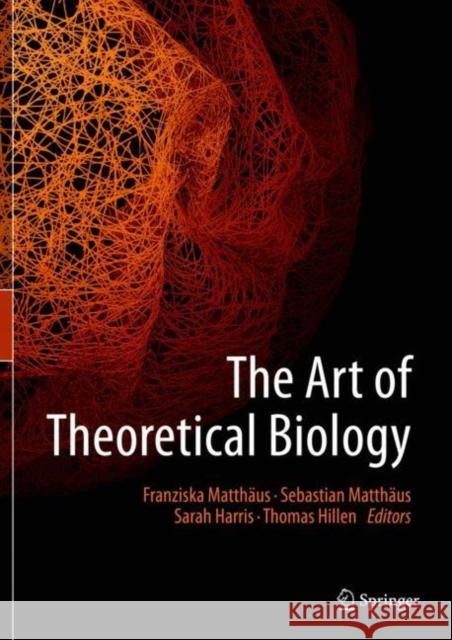The Art of Theoretical Biology » książka
topmenu
The Art of Theoretical Biology
ISBN-13: 9783030334734 / Angielski / Miękka / 2021 / 152 str.
The Art of Theoretical Biology
ISBN-13: 9783030334734 / Angielski / Miękka / 2021 / 152 str.
cena 181,11
(netto: 172,49 VAT: 5%)
Najniższa cena z 30 dni: 173,46
(netto: 172,49 VAT: 5%)
Najniższa cena z 30 dni: 173,46
Termin realizacji zamówienia:
ok. 16-18 dni roboczych.
ok. 16-18 dni roboczych.
Darmowa dostawa!
Kategorie:
Kategorie BISAC:
Wydawca:
Springer
Język:
Angielski
ISBN-13:
9783030334734
Rok wydania:
2021
Wydanie:
2020
Ilość stron:
152
Waga:
0.50 kg
Wymiary:
29.21 x 20.57 x 0.76
Oprawa:
Miękka
Wolumenów:
01











